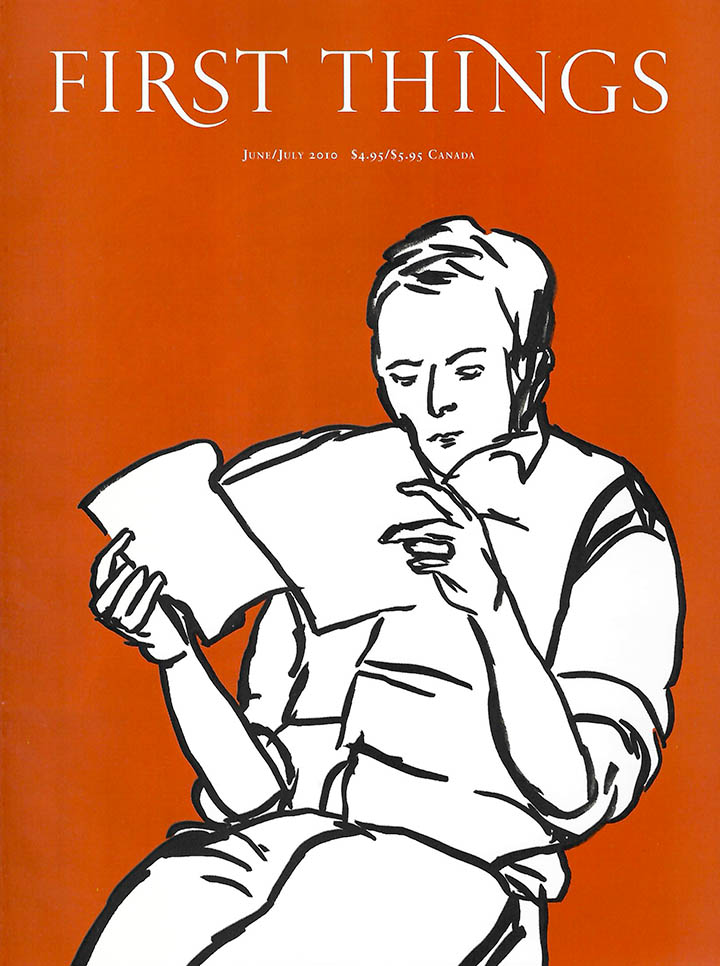Hugh of St. Victor
by paul rorem
oxford, 256 pages,$27.95
In the Paradiso Dante locates Hugh of St. Victor (d.1142) in the second circle of Christian teachers circling the sun, among whom he first mentions St. Bonaventure who introduces Hugh and associates him with two early Franciscan brothers who were “amici a Dio,” friends of God. High praise indeed! Hugh was a Christian teacher who had adorned his theological and humanistic learning with a holy life, a thinker for whom the study of theology was meditative and contemplative as well as an exercise of the mind. But he was an intellectual force. Thomas Aquinas only reluctantly disagreed with him and when he did he prefaced his objection with an apology: “Although the words of Hugh of St. Victor are those of a master and have the force of an authority, yet it may be said . . . .” Nevertheless Hugh’s circle of readers today is small. For that reason this informative and accessible book by Paul Rorem, a professor at Princeton Theological Seminary, is most welcome. Thoroughly at home in Hugh’s world and conversant with the history of Christian thought, Rorem is able to introduce the beginner to the distinctive fea-tures of Hugh’s thinking. He leads one directly into his varied writings, works on history, pedagogy, grammar, Christian doctrine, prayer, the moral and spiritual life, and most especially the Scriptures. There is a wholeness in Hugh’s thought, an ability to see all things in the light of God’s two great works, the work of creation and the work of redemption. Though not a highly original thinker, Hugh was a gifted teacher who handed on what he had received without diminishing the gift. He was a member of the community of the canons regular of St. Victor in Paris, among whom were other notable figures, Richard of St. Victor the mystic, Andrew the biblical exegete, Adam the poet, and Walter the preacher. It is to be hoped that this book will spur greater interest in this remarkable flourishing of medieval spiritual and intellectual creativity.
The Alarming Truth About the U.K.’s Abortion Numbers
Last month, after a mysterious eighteen-month delay, the U.K. government finally published the 2023 abortion figures for…
When the Means Undermine the End
An introductory course in moral theology will include that the end does not justify the means. It’s…
Frequenting the Frontlines of Life
It was a brisk early morning when I set off from the John Jay Institute last Friday…


